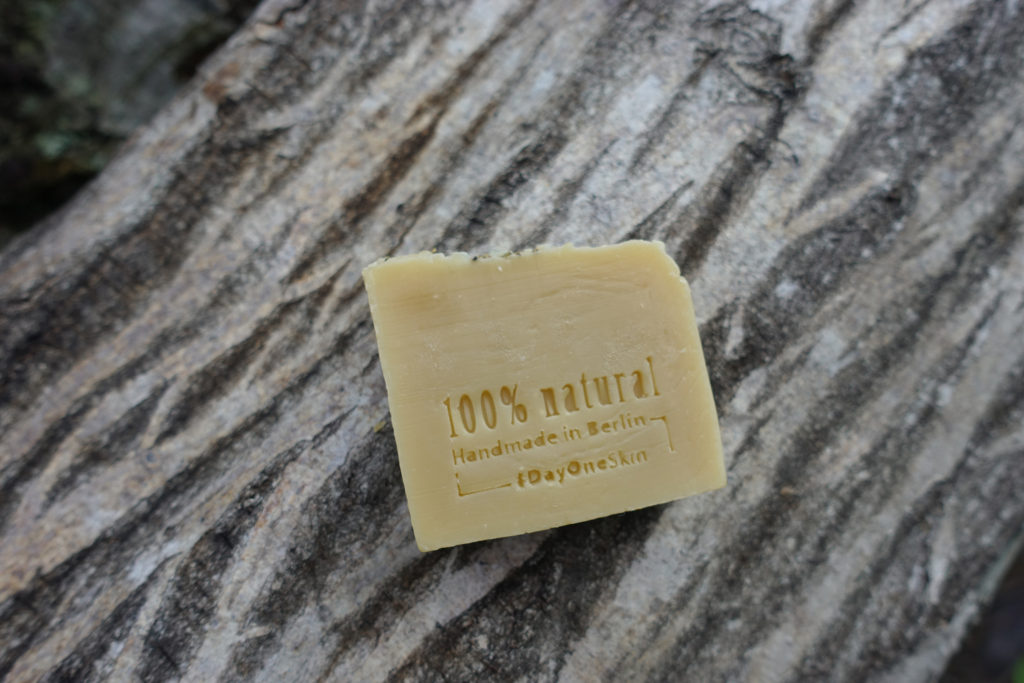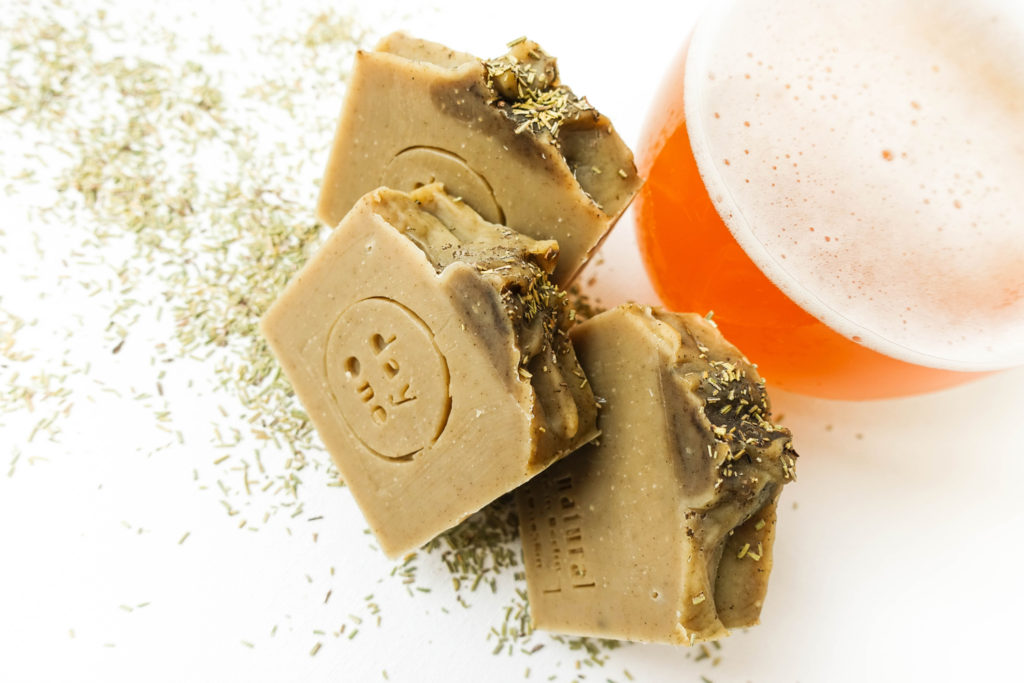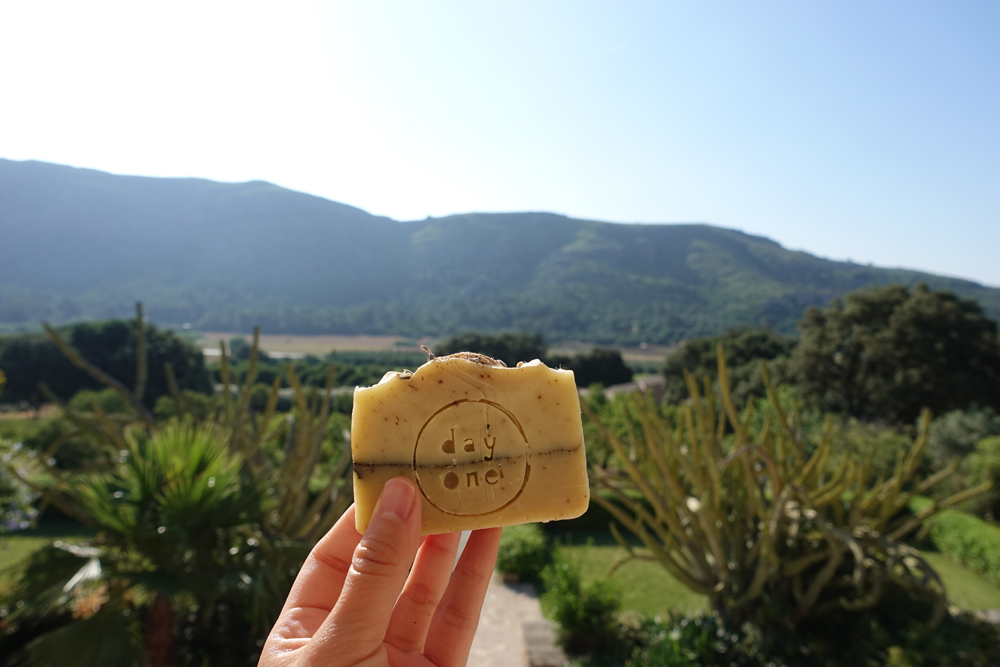Benefits of Natural Handmade Soap
Can I use handmade bar soap as shampoo?
Why using natural handmade soap for hair?
Shampoo/body bars are an excellent green choice because they eliminate the need for plastic bottles as well as the need for chemical preservatives necessary in liquid products. Most liquid shampoos are 97% water and include harsh surfactants such as sodium lauryl sulfate (SLS), a cheap foam booster designed to give the illusion of thick and rich foam. SLS “degreases” the hair, but in the process, irritates and dries out the scalp as well as strips the hair shaft of its natural oils. Does it really make sense to pay a lot of money for water mixed with a chemical cocktail that makes you dry and itchy?

Transition period
There might be a transition period depending on your hair type, your hair condition, water condition (soft/hard water) and how much residues there is from previous products. During the transition, your hair can feel waxy or sticky. While many don’t experience the transition period at all, for some it can take longer to adjust to soap bars. Usually, the transition period lasts from 1 to 20 washes. Or even longer than 20 washes for some individuals, especially if the hair is long and treated with bleach, or permed. Treated hair is more porous and thus is more prone to residues and build-ups. The residues from shampoo soap may adhere to the porous parts of hair, leaving it feeling waxy.

DIY Conditioner
If you are new to shampoo bars or using hard water, we also recommend rinsing your scalp and hair with herbal vinegar after using the shampoo bar. The herbal vinegar helps with pH balance, de-tangles, and adds softness. Herbal vinegar is also a natural treatment for dandruff and dermatitis. Make your own DIY recipe for herbal vinegar conditioner with a dilution of about
(1 vinegar : 2 water) works well. Slowly pour the solution across the scalp and allow it to run down the length of hair. Wait a couple of minutes before rinsing with warm water. You will be sure that you are going to smell like vinegar, but fret not! The smell goes away as your hair dries.

